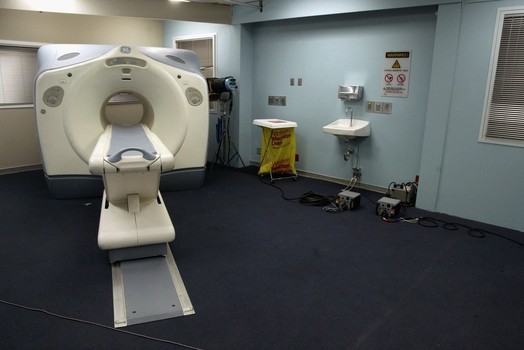Emergency physicians order unnecessary procedures and tests on patients for fear of being sued for malpractice according to a recent study published in the Academic Emergency Medicine journal In fact, most ER physicians order CT scans and MRIs even if they’re not needed, in order to avoid lawsuits.
The study’s lead author, Dr. Hemal Kanzaria, and his team of researcher surveyed 435 emergency physicians. Nine-seven percent of the doctors survived admitted to ordering too many imaging tests and unnecessary procedures for fear of missing an illness and being sued.
Dr. Kanzaria, an emergency physician at the University of California, Los Angeles says, “We don’t like uncertainty, and so we’re driven by this culture that says if there’s any doubt, we should do the test, and we don’t acknowledge the potential harms of this approach.”
Unnecessary scans ordered by emergency physicians cost close to $210 billion each year.
Dr. Kanzaria added additional reasons emergency physicians’ waste money on uncalled for tests and procedures. “Our results suggest that over-testing is not due to physician lack of knowledge, or to poor medical judgment, but rather reflects a systemic or cultural response to uncertainty and error. We as a society don’t like uncertainty and that leads to an increased demand for testing. A better understanding of these societal expectations and how physicians perceive them will help us to decrease over-testing.”
According to Dr. Kanzaria, unneeded scans pose added danger to patients, in that, a patient may get harmful treatments, biopsies, and tests for diseases they don’t have.
Physician News reports comments made by Dr. Kanzaria offering some advice to people who are apprehensive or concerned whether they need to be tested.
“I would encourage patients to ask their physicians what the chance of them having the disease that’s getting worked up is. Ask if the tests are needed. I would also encourage patients to think about both the potential benefits and the potential harms.”
According to Dr. Jay Kaplan, an emergency physician making expensive advanced image scans is the second-most costly decision doctors make. Dr. Kaplan practices in the emergency department and trauma center of Marin General Hospital in Greenbrae, California.
Dr. Kaplan, also president-elect of the American College of Emergency Physicians said he is not surprised that ER physicians admitted to having patients undergo unnecessary tests and procedures.
Dr. Kaplan says, “I think it is a widespread concern. It’s one reason why physicians in general and emergency physicians specifically have lobbied for medical liability reform.”
For example, Dr. Kaplan explains how an emergency physician may order a CT scan or MRI for a patient admitted into the hospital who complains of shortness of breath and chest pain, in order to rule out, “a tear in the major blood vessel coming out of the heart, which can be catastrophic if not diagnosed.”
Additionally, emergency physicians may order an MRI to rule out an aneurism for a patient with an awful headache, even though the individual may only have a migraine or tension headache.
Dr. Kaplan explains, “Those would be relatively uncommon diagnoses, and yet a physician might feel concerned enough to order the advanced imaging study just to be on the safe side.”
According to Dr. Kaplan, emergency physicians can avoid ordering unnecessary tests and procedures with the approval of “safe harbor” legislation that protects doctors from lawsuits if they practice evidence-based medical guidelines when they care for a patient.
Dr. Kaplan briefly explains how defensive medicine is currently used by the majority of emergency physicians. “That could help reduce defensive medicine. If a doctor could follow those guidelines and have some protection, we think it would lead to fewer unnecessary test and procedures.”















